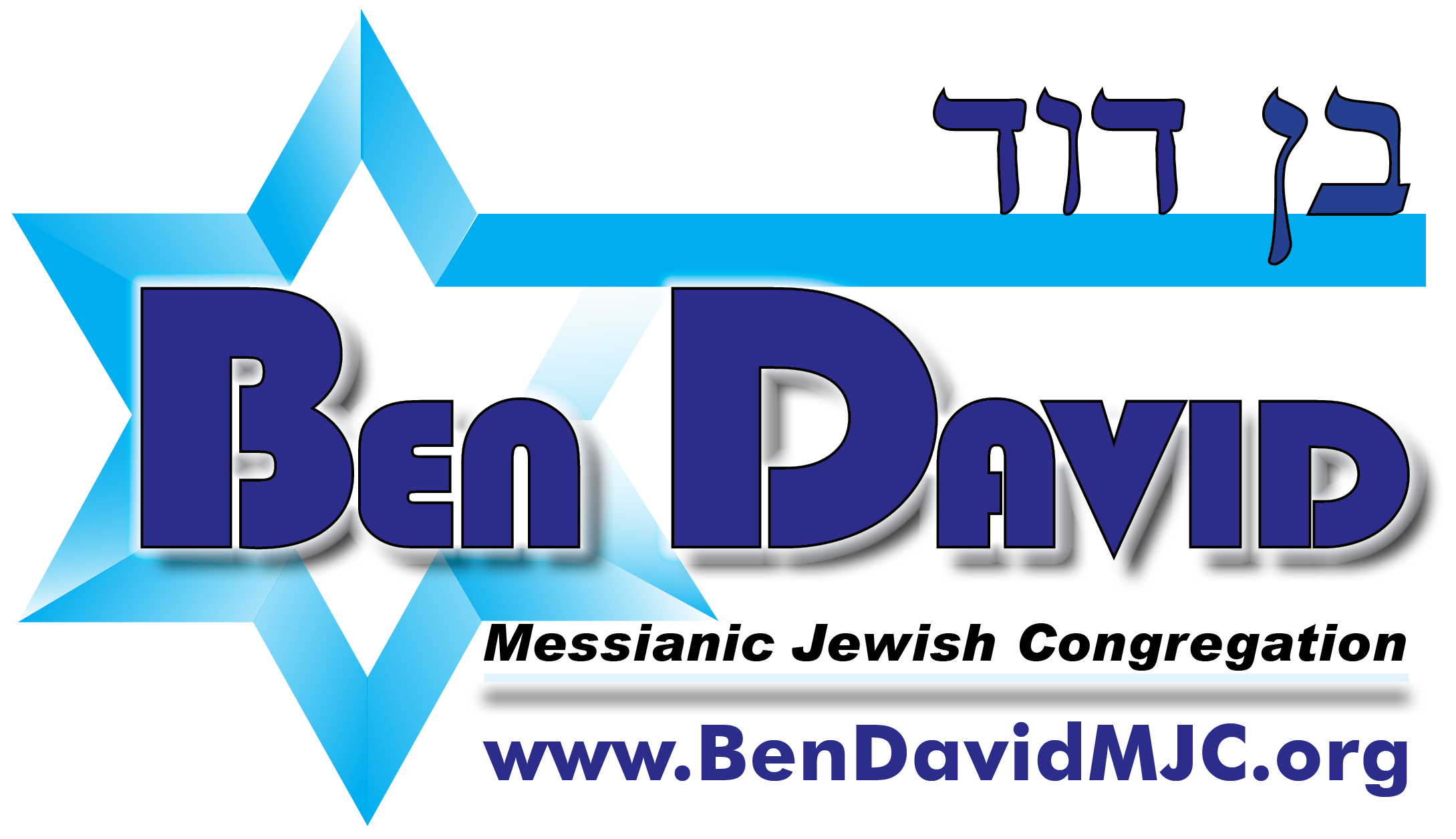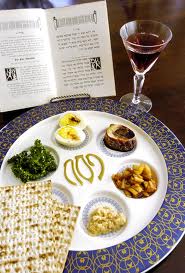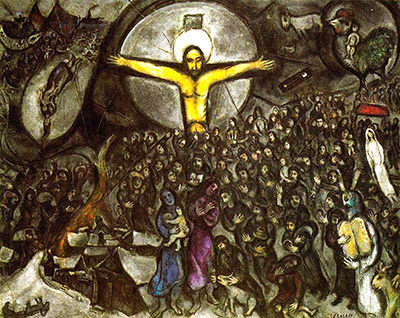Torah: Vayikra (Leviticus) 14:1 – 15:33; Haftarah Shabbat HaGadol: Malachi 3:4-24
BE MADE CLEAN
In the previous Parashah we are introduced to an affliction called “tzaraat.” The sages believed that this affliction was the manifestation in the body of a sinful attitude of gossip, false oaths, pride, selfishness and slander. This week’s Parashah describes what it should be done to the metzora, the person afflicted by tzaraat, under the Mosaic system. The following verses describe what the metzora needs to do if he is cleansed from the affliction.
Vayikra 14:2-8: “This shall be the Torah of the metzora in the day of his cleansing; He shall be brought to the kohen; and the kohen shall go out of the camp; and the kohen shall look, and, behold, if the disease of tzaraat is healed from the metzora, then the kohen shall command to take for him who is to be cleansed two birds alive and clean, and cedar wood, and scarlet, and hyssop. And the kohen shall command that one of the birds be killed in an earthen utensil over running water. As for the living bird, he shall take it, and the cedar wood, and the scarlet, and the hyssop, and shall dip them and the living bird in the blood of the bird that was killed over the running water. And he shall sprinkle upon him who is to be cleansed from the tzaraat seven times, and shall pronounce him clean, and shall let the living bird loose in the open field. And he who is to be cleansed shall wash his clothes, and shave all his hair, and wash himself in water, that he may be clean; and after that he shall come into the camp.”
The Tanakh records only two instances of cleansing from tzaraat. The significance of those two instances was that the cleansing was done and the metzora was declared clean not by the priests but by the prophets. Moshe’s sister Miriam was struck with tzaraat because she slandered Moshe (Numbers 12), but Moshe prayed for her and she was cleansed (after staying seven days outside the camp). Elisha the prophet, who received double of the spirit of Elijah, cleansed Naaman, the captain of the army of the king of Aram (II Kings 5). We are not told why Naaman received the affliction but his cleansing was a testimony for Israel’s lack of faith, moral degradation and the treatment of its own prophets, as reiterated later by our Messiah: "And there were many metzorayim in Israel in the time of Elisha the prophet; and none of them was cleansed, but only Naaman the Syrian" (Luke 4:27).
Yeshua was also not treated well by His own people, even though they were the only people who received godly instructions and, thus, they should have known better. He encountered opposition and lack of faith just as the prophets of old were. By the time of His coming, the tzaraat affliction was as incurable under the Mosaic system as any other sin. But Yeshua changed that because He came with power from the Father to forgive sin. Healing from a physical affliction was a sign of that spiritual cleansing, for we read in Mark 1:40-45: “And a metzora comes to Him begging Him and kneeling down and saying, ‘If You are willing, You are able to make me clean.’ And being filled with compassion, stretching out His hand, He touches the man and says to him, ‘I am willing. Be made clean.’ And immediately the metzora was made clean. And having sternly warned him, immediately He sent him away. And He says to him, ‘See that you say nothing to anyone, but rather go show yourself to the kohen and offer the korban for the purification of you which Moshe gave commandment, for a testimony to them. But the one having gone out began to proclaim many things and to spread the news, so that no longer was Yeshua able to openly enter into town, but He was outside in desolate places. And they were coming to Him from every direction.”
The fact that this metzora did not go to the kohen tells something about the people’s trust in their spiritual leaders. Only those who were willing to repent were cleansed and, in spite of their spiritual leaders, many came to believe in Yeshua; their hearts were ready for the truth.
The Parashah further discusses the body cleanliness and, again, Yeshua, as a testimony to the lack of faith of their religious leaders, gives us the proper interpretation of this Torah through an incident in the Brit Chadashah in which a broken and repentant heart had nowhere else to turn but to the Great Physician: Mark 5:25-34: “And there was a woman having a flow of blood for twelve years. And having suffered much by many physicians and having spent everything she had, instead of recovering, her condition deteriorated. And having heard about Yeshua, she came up behind Him in the multitude, and touched His garment. For she was saying, ‘If I may touch even the garment of Him, I will be saved.’ And immediately, the flow of her blood was dried up and she felt in her body that she has been given healing from the affliction. And immediately Yeshua, having perceived within Himself that power had gone forth from Him, turned around in the crowd and said, ‘Who touched My garments?’ But His talmidim were saying to Him, ‘You see the multitude pressing against You, and You say, Who touched Me?’ And He was looking around to see the one having done this. Now the woman with fear and trembling, aware of what had happened to her, came and fell down before Him and told Him the truth. And He said to her, ‘Daughter, your faith has brought you healing. Go in shalom and receive healing from your affliction.’”
Yeshua removed the condemnation of the Mosaic system. Today we do not see the external effects of tzaraat but the effects of slandering God’s people are seen in the moral degradation that it is happening throughout the world. Only a sincere and repentant heart could be cleansed from the spiritual tzaraat and healing could only come through the atoning shed blood of Yeshua, the Passover Lamb of God.
— Shabbat HaGadol
The Shabbat which precedes Passover is called Shabbat HaGadol, the Great Shabbat, to commemorate the many miracles that God performed for the people of Israel.
So, is your heart ready for Passover?
“And when the hour had come He (Yeshua) reclined at the table and the Moshiach's Shluchim (His apostles) were with Him. And He said to them, "With great longing I have desired to eat this Pesach with you before I suffer. For I say to you that I may by no means eat it until it is fulfilled in the Malchut YHVH." And having taken the Cup of Redemption, having made the bracha, He said, "Take this and share it among yourselves, for I say to you that from now on by no means shall I drink from the pri hagafen until the Malchut YHVH comes." And having taken the Afikomen and having made the haMotzi, He broke the matzah and gave it to them, saying, "This is My body being given for you; this do in remembrance of Me." And He took the cup similarly after they ate, saying, "This cup is the new covenant in My blood, being shed for you." - Luke 22:14-20
One thing Yeshua asks us to do. That is to remember the Passover. Yeshua said, 'Do this in remembrance of Me' and that “this” means partake of the elements of Passover - symbols of His body. He said, 'Until I come observe the Passover in remembrance of Me,' because after He comes He will have fulfilled Rosh Hashanah, Yom Kippur and Sukkot, then we will observe those in remembrance of Him. But until He comes again what we will do in remembrance of Him is to observe Passover, or the Lord's last Seder. Because that is what He had fulfilled for us, as the sacrificial Lamb of God. Therefore, Yeshua only asks us to do one thing until He comes, and that is to proclaim His death through the Passover observance.
Now in order to prepare for the observance of Passover we have to search for "chometz," for leaven in our hearts and to get it out of our lives. Leaven in Scripture is always symbolic of sin; sin that needs to be searched for and eliminated from our hearts. We have our hearts clean but maybe we overlook the little crumbs in dark corners. Why is sin associated with leaven? Because just as a little leaven leavens the whole lump of dough, so, too, a little sin can spread and ruin our lives. Leaven makes the dough rise, therefore it can be said that arrogance, to be puffed up, to be self-centered, is the worst sin of all.
That was the case in Corinth, so Rav Shaul (apostle Paul) says in the first letter to the Corinthians chapter 5, verse 7: “Clean out the old leaven, that you may be a new lump, just as you are in fact unleavened [in God's eyes]. For Messiah our Passover [Lamb] also has been sacrificed.“ What he is saying to us is: search for chometz, clean out the old sin from your life because Messiah our Passover Lamb has been sacrificed and now you are a new creation, and he continues in verse 8: ”Let us therefore celebrate the feast not with old leaven, nor with the leaven of malice and wickedness, but with the unleavened bread [the matzah] of sincerity and truth.“
Let's search for chometz in our lives, let's clean our hearts and be clean, and may this Passover feast be celebrated with a true Messianic spirit and joy.
Shabbat joy, peace, and blessings! Shabbat Shalom and Chag Pesah Sameach!



